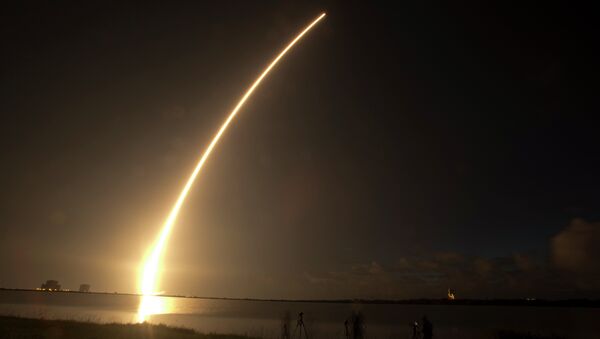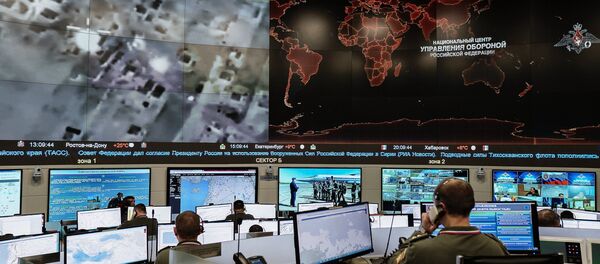“Of course we can better guard against such things by requiring our intelligence satellites to carry defensive mechanisms on board,” he said, acknowledging, however, that, “the addition of a defensive capability might make our overhead satellites start to seem like airborne weaponry.”
Schiff admitted that there are challenges preventing the US military from currently mounting cannons on US surveillance satellites. Paramount, he suggested, is “how that move could be perceived internationally,” offering that waging a war in a response to a cyberattack could be seen as excessive by some.
Another troublesome issue is determining whether a cyberattack is actually an act of war, Schiff said. Other methods of space attack include a kinetic attack from the ground, signal jamming, communications disabling or a cyberattack by other bodies in space, the congressman claimed. But it’s not clear which, if any, of these actions would justify a missile response.
Above all, before starting a war against hackers who have gained access to the US orbital surveillance network, those responsible must be outed publicly, Schiff said.
“We are certainly investing in technologies to help us make our space systems more resilient and to defend the space systems up there already that may not be very resilient and guard against cyber-attacks,” the politician stated.




